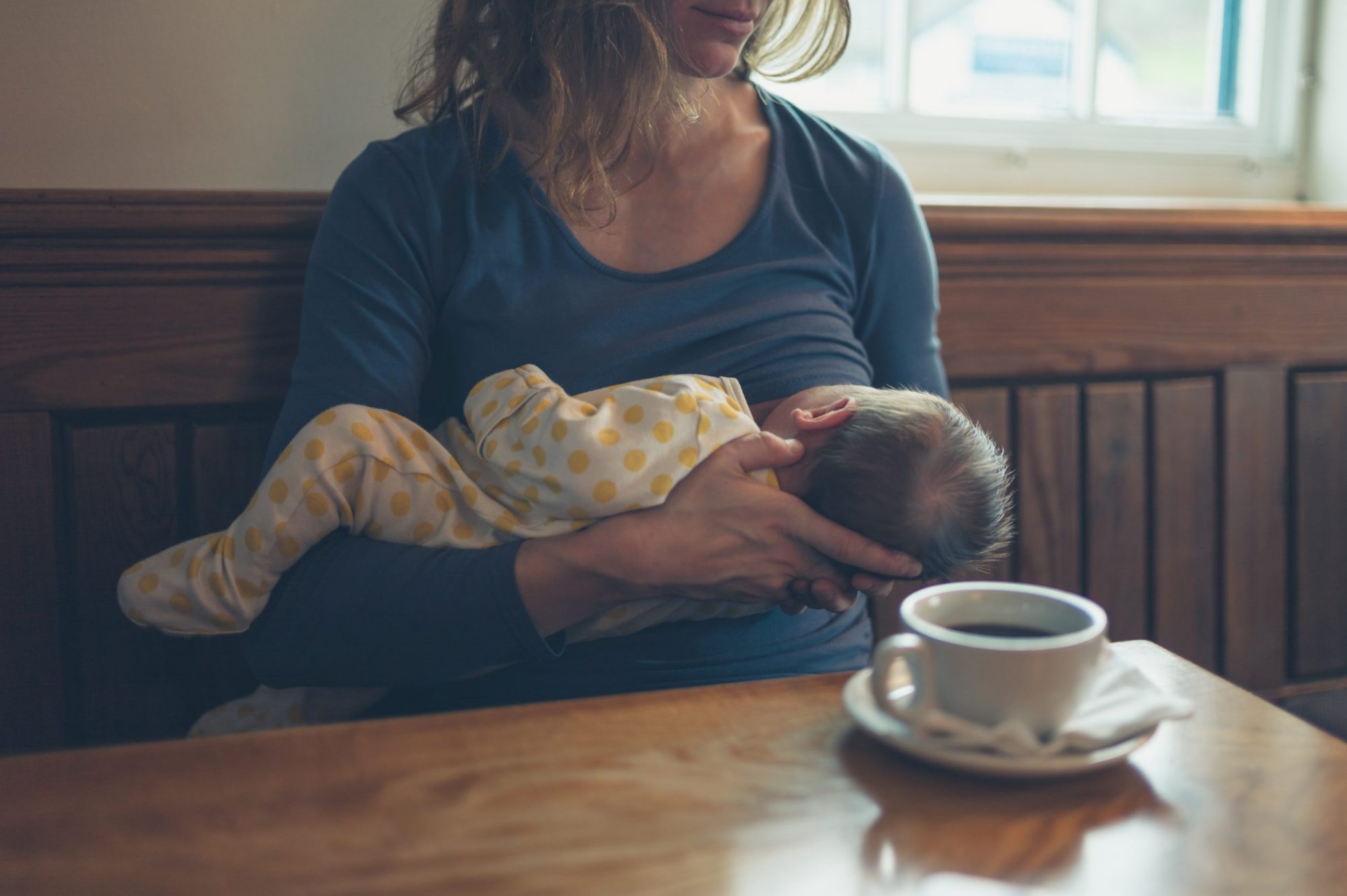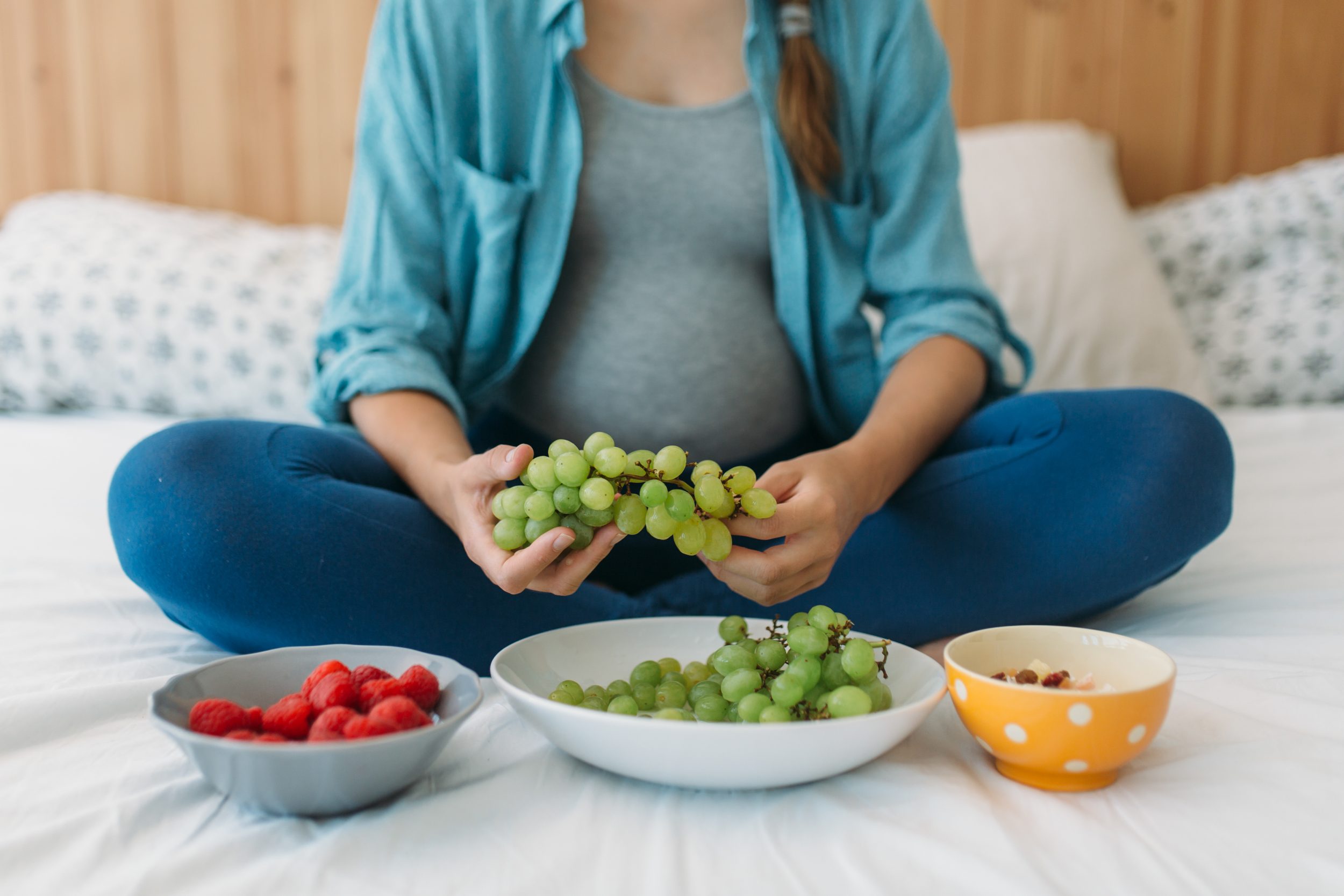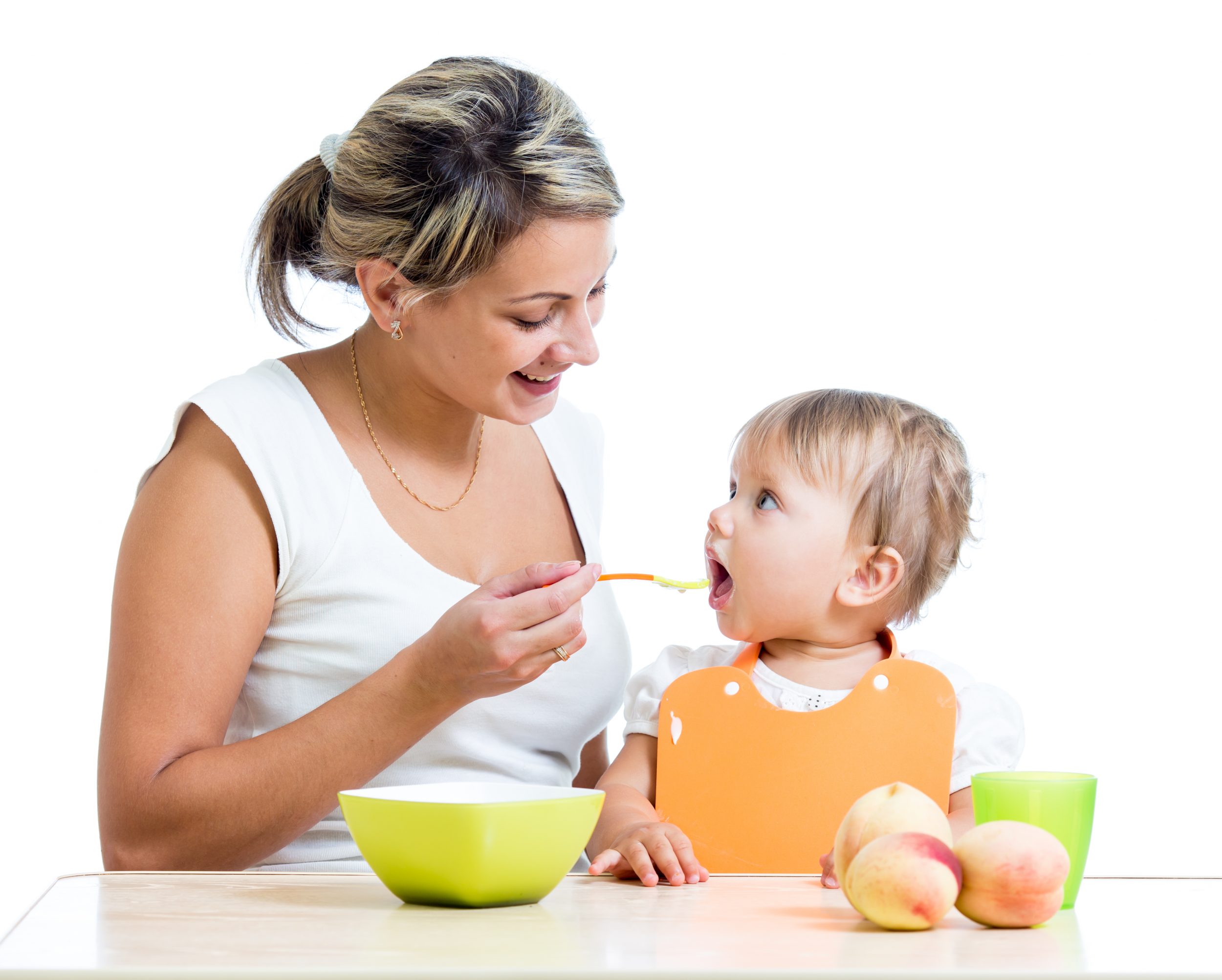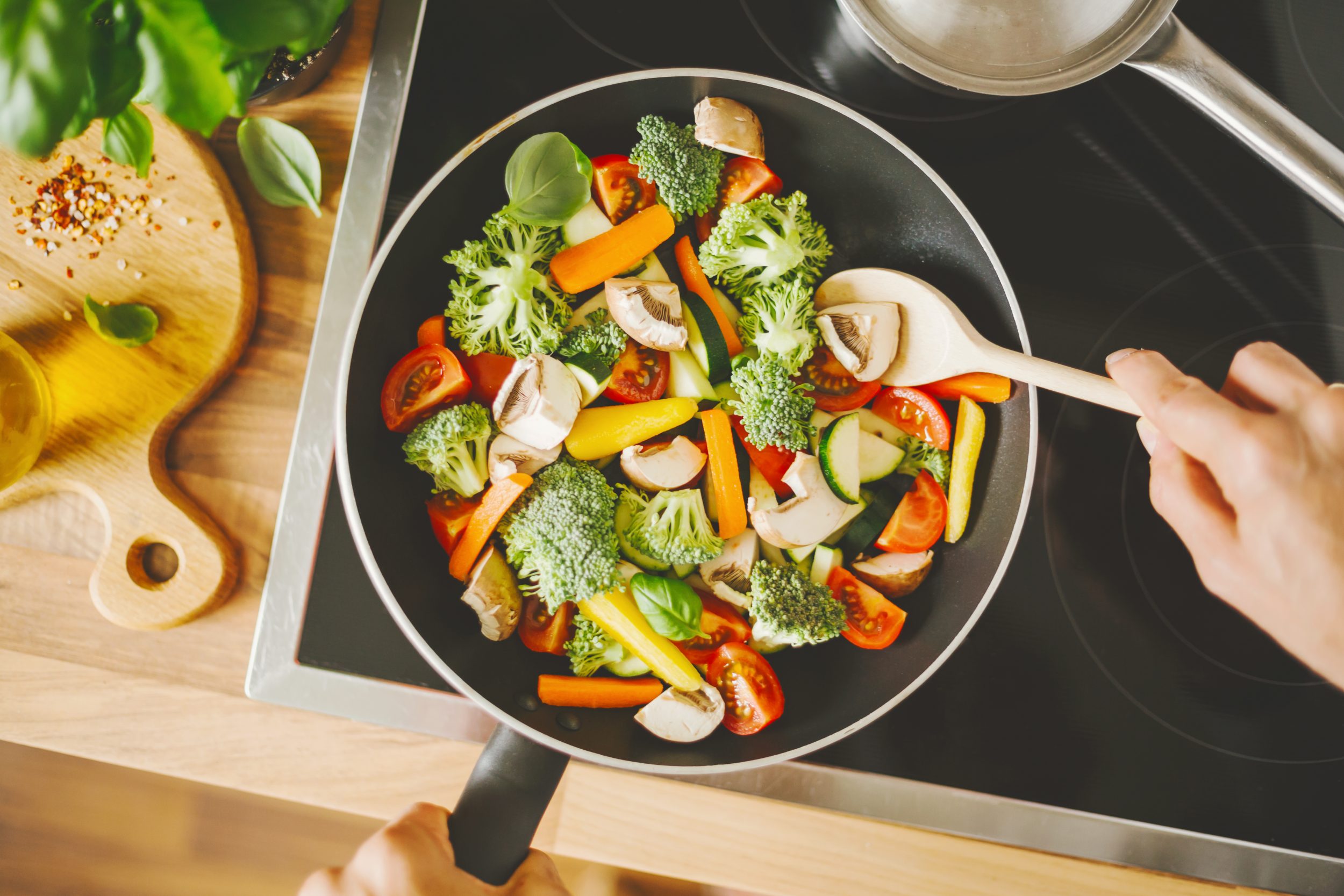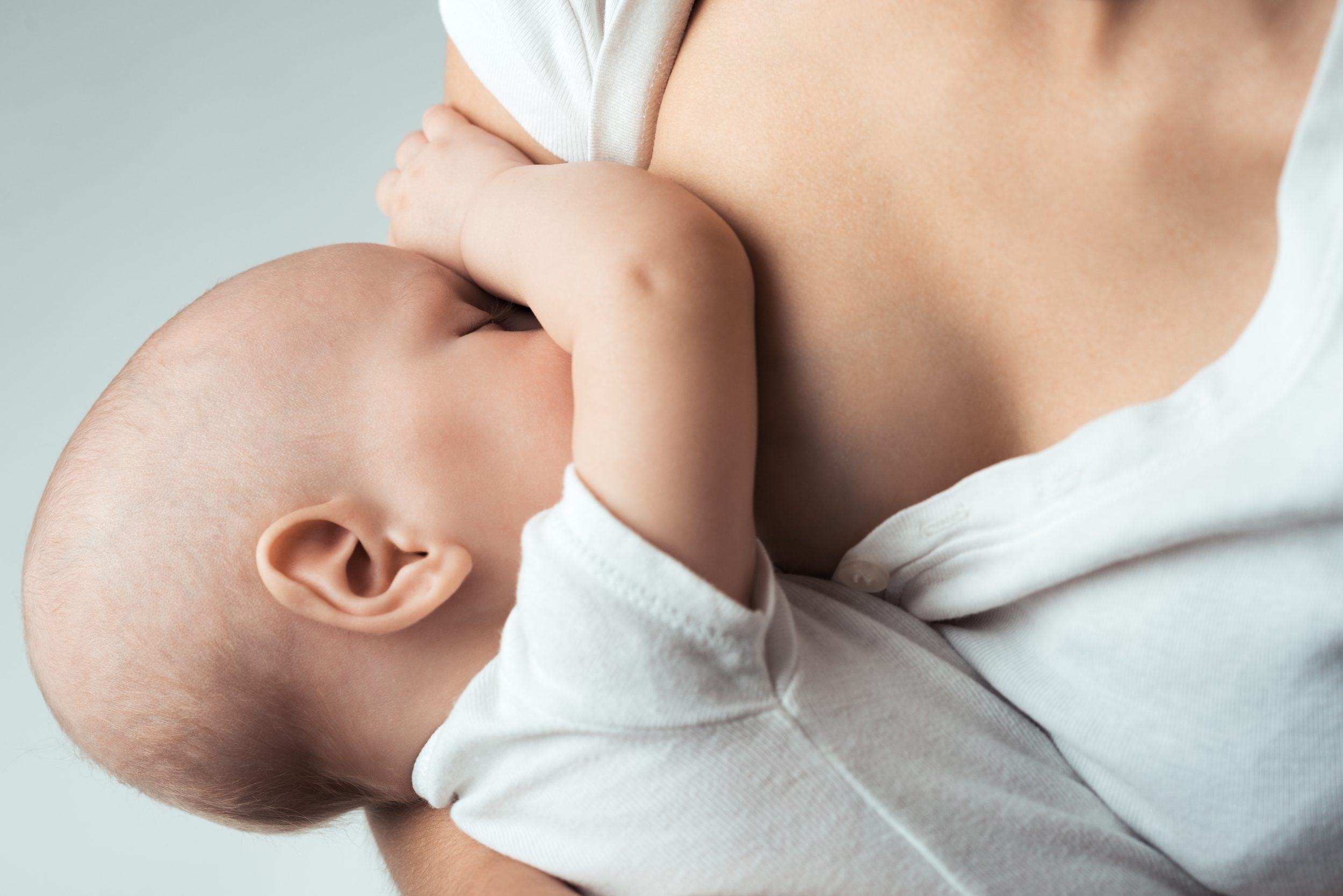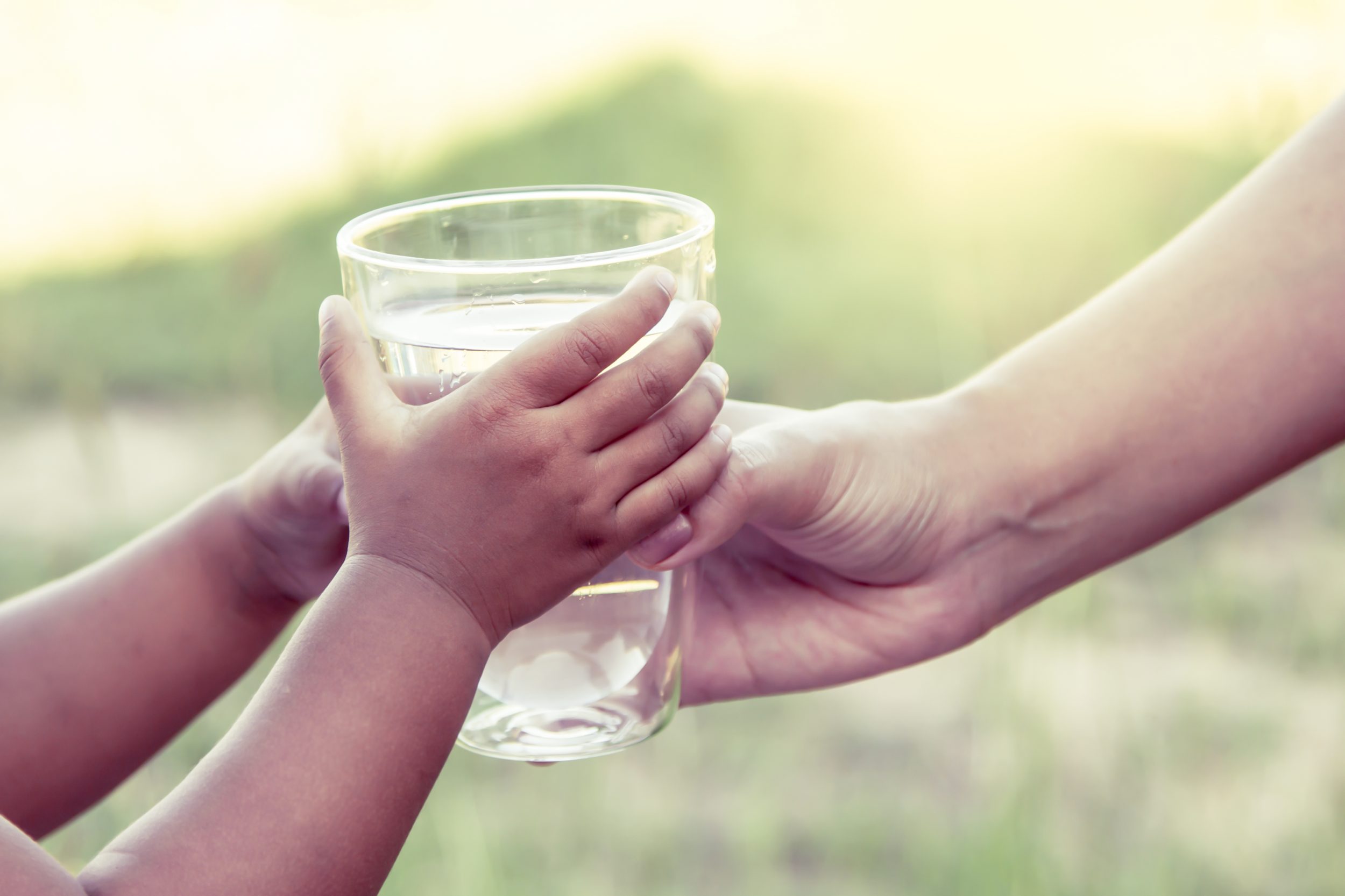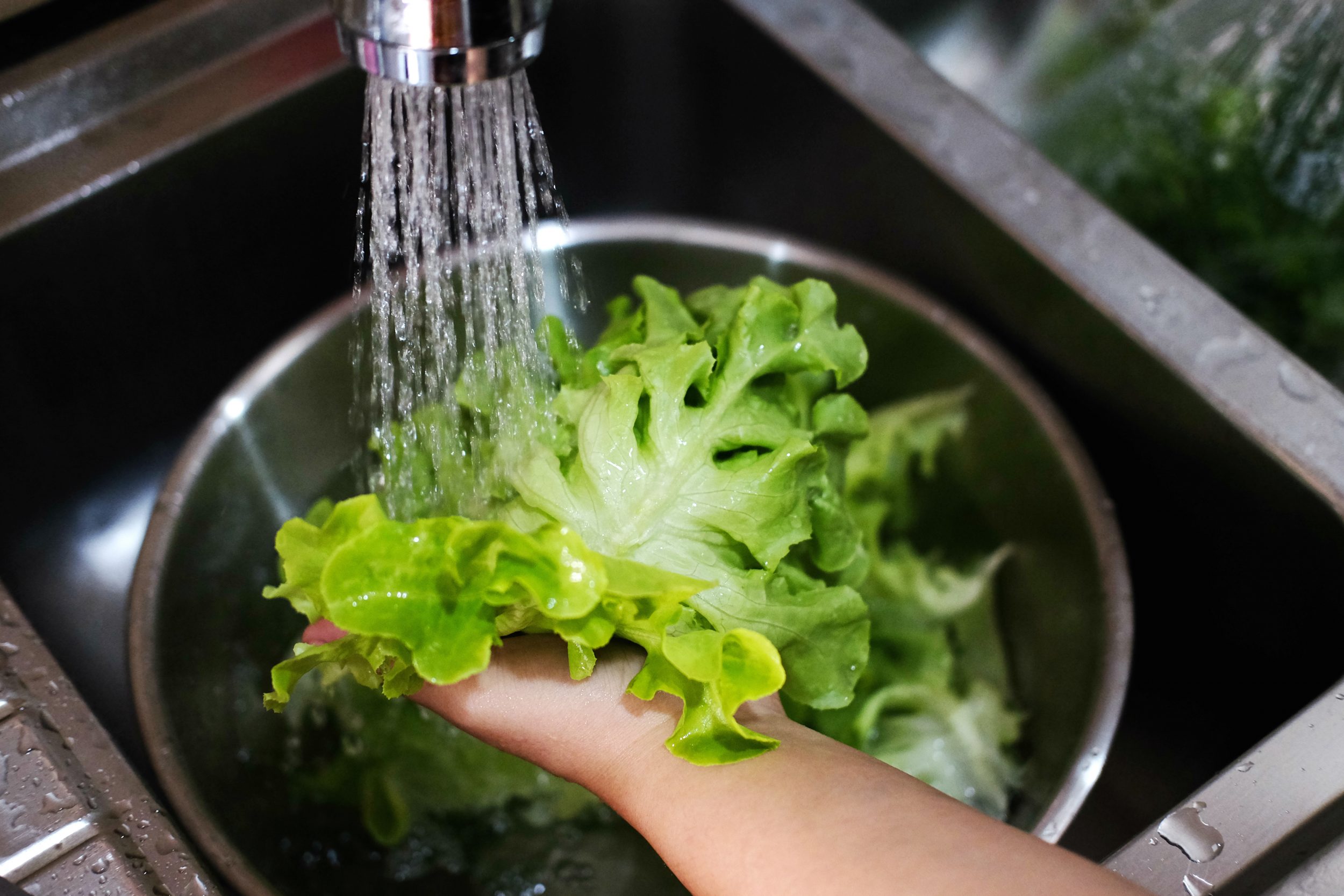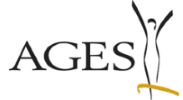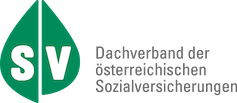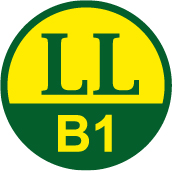
Alcohol, nicotine, and caffeine
Alcohol, nicotine, and caffeine pass into breast milk. Do not drink alcohol while breastfeeding. This is especially true while the baby only drinks breast milk. Remember: desserts, sweets, or sauces may contain alcohol!
If you drink a small glass of champagne, beer, or wine on special occasions, it is best to do it after breastfeeding.
Be careful! Your reaction gets slower if you drink alcohol. Everyone who takes care of the baby must be aware of this to avoid accidents.
Do not smoke while breastfeeding! Under no circumstances anyone should smoke in the room where the child is. Nicotine and smoke are dangerous for your child, through breast milk and through the air.
You do not have to give up on caffeinecompletely. But you should not have too much of it. You can drink 2 to 3 cups of coffee a day. You can also drink green or black tea. However, drink a maximum of 4 cups a day. Pay attention to your child’s reaction. If your child becomes restless, drink less caffeine.
Be careful! Caffeine is also found in other drinks. For example, in iced tea, coke, iced coffee, drinks with guarana and others.
Food that can be a risk
The woman’s body goes through a lot of changes during pregnancy. Sometimes it is difficult for the body to fight off germs and other pathogens that can make you sick. This can be dangerous to the health of the mother and the child. This is why pregnant women should not eat certain foods.
Breastfeeding mothers no longer have to be as careful. There is no clear evidence that breastfeeding mothers pass on pathogens to their children via breast milk.
But raw animal foods can generally make you ill. Breastfeeding mothers should heat certain foods well before eating them. These include:
- Meat
- Poultry
- Fish
- Seafood
- Raw milk and eggs
Food should be fully heated inside to kill the pathogens. Cook or fry these foods thoroughly.
Always make sure that the kitchen is clean. Pathogens can be on kitchen boards or the worktop, for example.
Weitere Informationen finden Sie in der Broschüre „Gesunder Start ins Leben“ des Bundesministeriums für Soziales, Gesundheit, Pflege und Konsumentenschutz.

